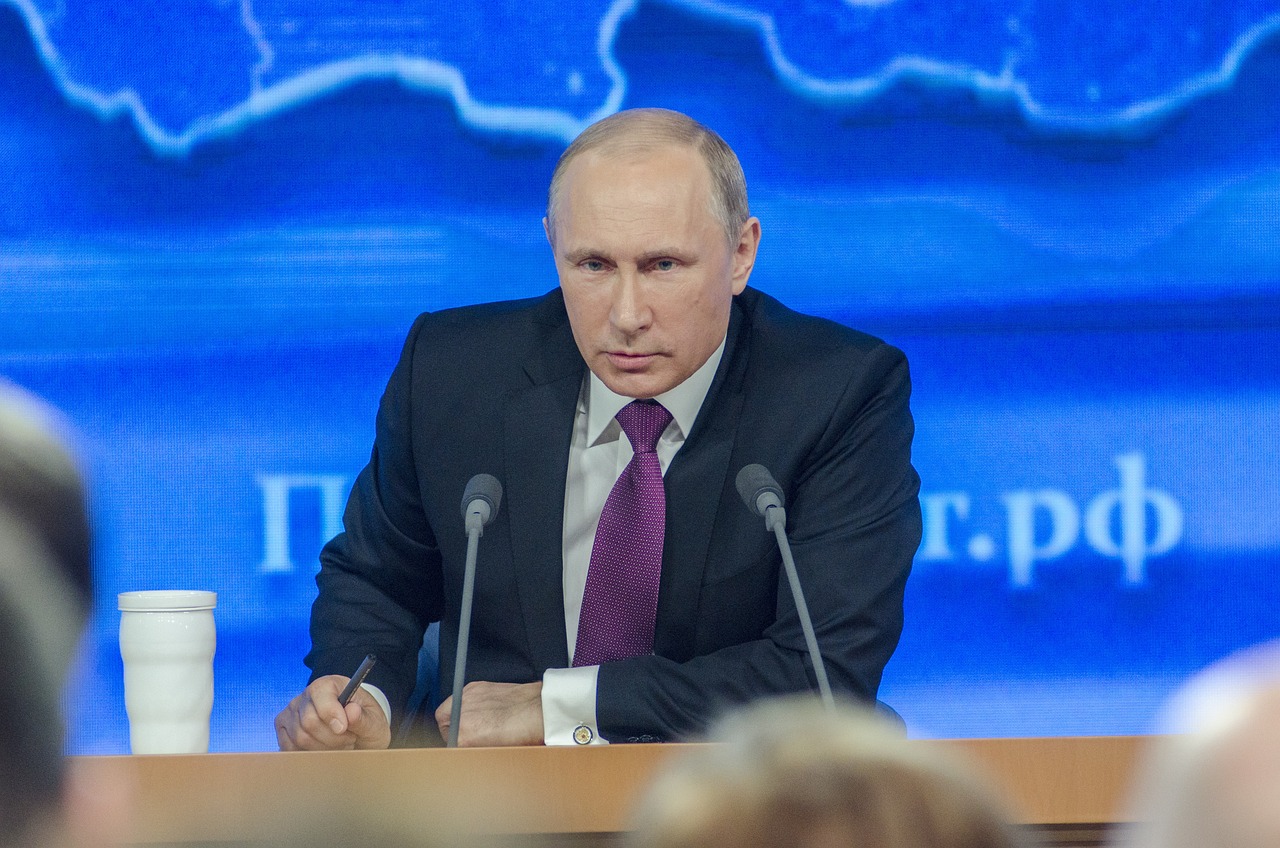In a bid to counteract the recent decline of the rouble and tackle mounting inflationary pressures, Russia’s central bank has made an unprecedented move by raising its key interest rate by a substantial 350 basis points to reach 12%. This decision came after a direct public call from the Kremlin to tighten monetary policy, following the rouble’s sharp fall past the 100 threshold against the dollar on Monday.
The emergency rate meeting was initiated after the rouble’s unsettling dip against the dollar, a result of Western sanctions impacting Russia’s trade balance and an increase in military spending. The rouble RUBUTSTN=MCX pared gains after the decision to stand 0.3% weaker at 98.00 by 0948 GMT, but still significantly above lows near 102 on Monday which had not been hit since the early weeks after Russia invaded Ukraine.
On Monday, President Putin’s economic adviser Maxim Oreshkin rebuked the bank, blaming what he called its soft monetary policy for weakening the rouble. The central bank acknowledged the mounting inflation risks, stating that “inflationary pressure is building up” and that the rate hike was aimed at limiting price stability risks. While the move may stabilise the currency in the short term, analysts remain skeptical about its lasting impact. “The pass-through of the rouble’s depreciation to prices is gaining momentum and inflation expectations are on the rise.”
Many contend that the core issues, such as the ongoing war and sanctions, need to be resolved for any meaningful recovery. Promsvyazbank analysts suggested that further rate hikes might be necessary if the rouble does not stabilize and also emphasized the need for measures to reduce the rouble liquidity surplus. “As long as the war continues it just gets worse for Russia, the Russian economy and the rouble,” said Timothy Ash, senior EM sovereign strategist at Bluebay Asset Management. He further added, “Hiking policy rates won’t solve anything – they might temporarily slow the pace of depreciation of the rouble at the price of slower real GDP growth – unless the core problem, the war and sanctions are resolved.”
Elvira Nabiullina, the Central Bank Governor, had been lauded for her economic management during Russia’s military operation in Ukraine. However, the recent plunge in the rouble and high inflation have raised challenges for her, particularly in the lead-up to the presidential election in March 2024. The central bank’s move follows a similar emergency rate hike in February 2022 when rates were raised to 20% amid the troop deployment to Ukraine. Subsequently, the bank gradually lowered borrowing costs as inflation pressure eased.
After holding rates steady since September 2022, the bank had gradually adopted a more hawkish stance, culminating in the recent 100 basis point hike to 8.5% in July. The next rate decision is anticipated on September 15. Russia had experienced double-digit inflation in 2022, and despite a temporary slowdown in the spring of 2023, inflation has once again surpassed the central bank’s 4% target.
The rouble’s dramatic slide, attributed to a shrinking current account surplus and other economic challenges, prompted the central bank to take action. Last week, the bank suspended the finance ministry’s foreign exchange purchases in an effort to reduce volatility. However, this move alone was deemed insufficient by analysts to significantly bolster the currency.
Liam Peach, senior emerging markets economist at Capital Economics in London, said, “today’s rate hike will only temporarily slow the bleeding.” “Russia will struggle to attract capital inflows because of sanctions,” he added. “And there’s little ammunition for FX intervention – the central bank has some unfrozen renminbi assets and gold reserves, but the bar for using these is likely to be high.”
(With inputs from Reuters)














